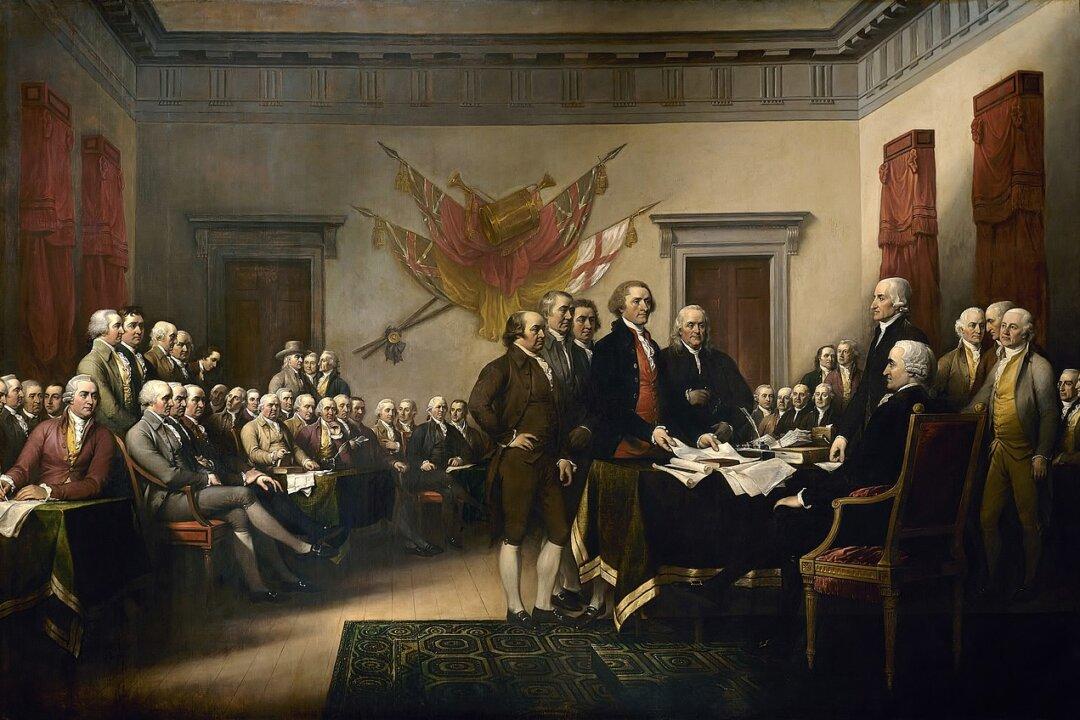In our Declaration of Independence, Thomas Jefferson wrote of self-evident truths “that all men are created equal, that they are endowed by their Creator with certain unalienable Rights, that among these are Life, Liberty and the pursuit of Happiness,” and condemned government that was destructive of those ends.
Given how important that document was, with its signers putting all of those ends at risk, there had to be a high level of agreement about what “created equal” meant (sadly, with the exception of slaves). Since then, however, discussion of equality has become a source of confusion and contradiction.

